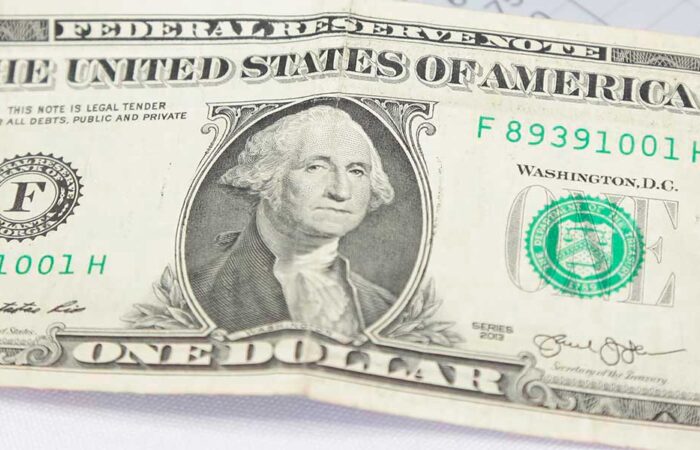Your Green Card through the EB-2 NIW visa
We facilitate the path to the U. S. for outstanding professionals and skilled workers with our expertise in EB-2 NIW visas and other talent and labor categories
Apply nowYour strategic partner for investment visas
We support your business ambitions in the U.S. with comprehensive investment visa advice
Start your project nowApply for your PERM certification and work in the U.S.
Work, live, and travel within the United States, all while continuing your professional career in a country filled with opportunity!
Learn more Hire international talent with the H-1B visa
We provide expert advice on H-1B visas, facilitating access to the U.S. for specialized professionals and companies seeking international talent
Discover the H-1B Visa
Previous slide
Next slide
Previous slide
Next slide
Immigrate to the USA with LOIGICA

Corporate services
We offer personalized legal solutions to maximize the potential of companies. Our highly qualified team of immigration and corporate attorneys provide support that allows companies to focus on their long-term goals while ensuring that their legal matters in the United States are handled efficiently.
21
Dec
2023
How do I know which visa is right for me?
December 21, 2023 @
20:00
, more
Instagram Live @Loigica
14
Dec
2023
Do you dream of working in the United States and using your exceptional talent?
December 14, 2023 @
18:00
, more
YouTube Live @Loigica
12
Dec
2023
25
Apr
2023
Bogotá – Conversation: how to invest in the United States?
April 25, 2023 @
, more
Bogotá
27
Apr
2023
Barranquilla – Conversation: how to invest in the United States?
April 27, 2023 @
, more
Barranquilla
27
Apr
2023











